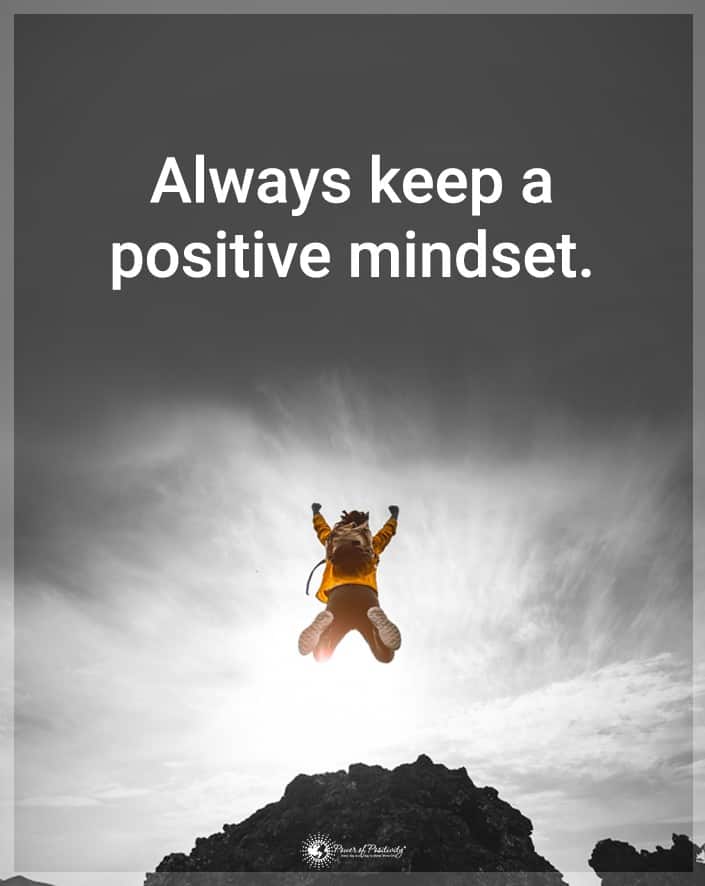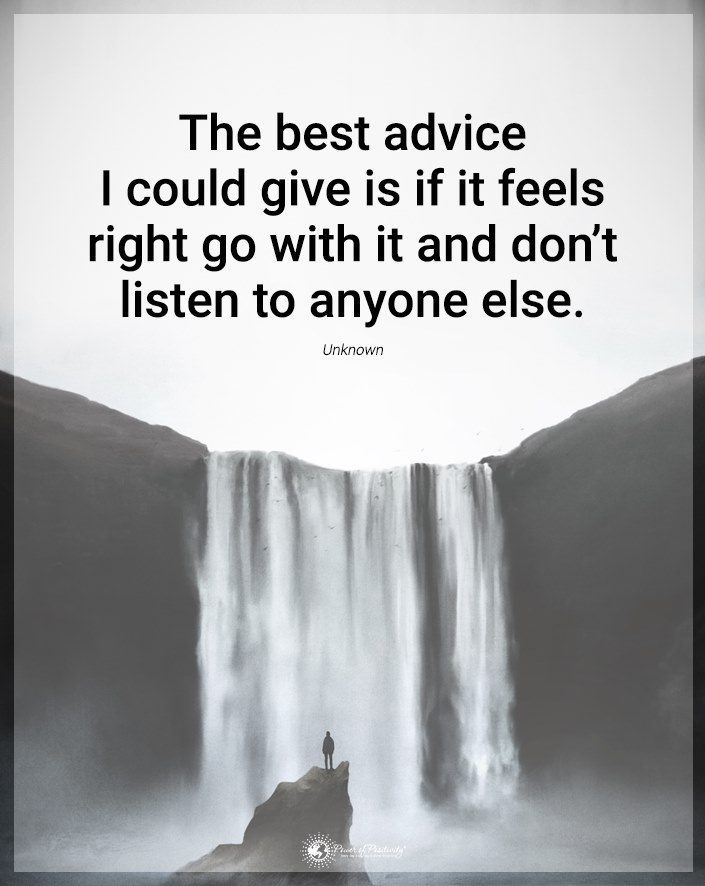Being a good listener is an essential life skill that can help you in your professional and personal life. Developing this talent takes dedication, patience, and lots of practice, but it’s worth the effort. As a better listener, people will trust you and know that they can depend on you.
Listening can be just as powerful as speaking. What the other person has to say is of equal importance as what you want to say. Recognize that your viewpoint isn’t the only one and that you aren’t the only one with something to say helps you develop this mindset.
When you become a good listener, it saves you time and effort as you make fewer mistakes. You will experience fewer misunderstandings, helping you to get things right the first time around. Plus, you won’t have to go back for further clarification after you’ve started on something.
Twenty Mantras That Empower You to Be a Better Listener
Becoming a better listener is also a sign of respect for others. Your relationships will improve, and you’ll begin to learn more about the people around you. These mantras will quickly empower you to become a good listener.
 1. I am a good listener, and I respond appropriately when talking to others.
1. I am a good listener, and I respond appropriately when talking to others.
By telling yourself that you are a good listener, you will naturally become one. You’ll consciously focus on the other person when they are speaking, helping you to respond appropriately. The more often you repeat this mantra, the sooner you will develop this beneficial habit.
2. I pay attention even when I have other things I need to do.
When you have quite a few things to do, it’s easy to become distracted by your thoughts. If you’re often guilty of this, use this mantra to help you get past it. Even when you have other things to do, you should still be an excellent listener to the people around you.
3. I respect what other people say, even if it doesn’t align with my views.
Everyone has different opinions and values, but that doesn’t mean you shouldn’t listen. Be respectful of everyone, and hear them out, even if it doesn’t align with your beliefs.
By being a good listener, you’ll begin to understand their point of view a little more. Understanding them doesn’t mean you will change your ideas, but it means you’ll be more tolerant of other people’s opinions. Plus, you’ll learn more about the world around you when you listen to people with differing views.
4. I maintain eye contact when someone is speaking to me.
When someone talks to you, they feel that what they are saying is meaningful. If you break or avoid eye contact, they’ll feel like you don’t value what they have to say. Plus, you won’t comprehend everything, you could miss something important, or you could miss clear body language.
As you listen to other people talk, make a conscious effort to maintain eye contact. Avoid the temptation to look at anything else, and try to keep your eyes on their face. It isn’t always easy, especially when their topic is uninteresting, but it will help you become a better listener.
5. I am confident enough to speak up when I need something repeated.
Part of being a good listener means asking someone to repeat what they said if you missed it. You can’t be a good listener if you are afraid to ask what they say. While you should always listen intently, there will be times when you miss something.
Most of the time, the speaker won’t be annoyed or frustrated with you for the asking. Most people appreciate the question because it shows that you are interested and that you care.
6. I can ignore the temptation to zone out of the conversation.
It’s tempting to zone out during a conversation, especially if you aren’t interested in the topic. However, when you zone out, you aren’t listening to what the other person says. If you want to be a better listener, this is one of the first places you should start.
7. I am listening like I’d want to be listened to.
You probably don’t enjoy it when someone doesn’t listen to you when you talk. Think about that the next time someone’s talking. Use this mantra before conversations so you can show the same respect you want to receive.
8. I recognize the tone of voice and body language to pick up on things left unsaid.
Part of being a good listener involves picking up on body language. People tend to express more with facial expressions, tone, and body language. When you pick up on body language, you can understand how they are feeling a little better.
Plus, when you pick up on body language, it helps you decide how to approach the conversation. A change in vocal pitch indicates an emotional rush, while crossing the arms shows defensiveness.
9. I strive to absorb every detail of the conversation.
When you try to absorb every detail, you pick up on more of the conversation. Absorbing the details helps you become a better listener by helping you remember the things that the speaker didn’t fixate on. Plus, it helps you put together the entire narrative, forming a deeper understanding.
10. I ask questions to gain a deeper level of understanding.
One of the best ways to become a good listener is by asking questions to understand something. It shows that you are interested in the conversation and that you care about the topic. Even if you aren’t particularly interested, showing enthusiasm and enquiring about the details is a sign of respect.
 11. I ask open-ended questions to get the other person to open up.
11. I ask open-ended questions to get the other person to open up.
When someone doesn’t talk much, it’s hard to practice your listening skills. If this is the situation, try using this mantra to help you engage in conversation with them. By asking these types of questions, you get the other person to open up, allowing you a chance to listen.
12. I offer empathy to others when they express themselves.
Suppose someone expresses their feelings or tells you about their situation, practice empathy towards them. Compassion will help the other person see that you care and that you’re listening. Make a conscious effort to show empathy, and it’ll eventually become a natural habit for you.
13. I am attentive as I listen without looking at my watch, phone, or anything else.
Being a better listener involves being attentive as someone talks to you. Avoid looking at anything else, and don’t engage in a texting conversation when someone is talking. Use this time to practice active listening, where you engage all senses as you converse.
14. I listen without thinking about other things.
Everyone has things on their mind, but you shouldn’t let your mind wander to them when someone is speaking. Push the other thoughts away and ensure you’re paying attention to the person talking to you. If you find your mind wandering, use that time as a chance to ask questions.
By asking a question or making a helpful comment, you bring your focus back to the conversation. It helps you become a better listener as you learn to listen without distracting thoughts. It’ll eventually become natural for you to engage in a way that prevents your mind from wandering.
15. I should not assume I know what someone will say.
When you’re thinking about what you assume someone will say, you aren’t listening to the speaker. While you might think you know someone well, you can’t always predict what the person will say. If you’re guilty of communication bias, use this mantra to get out of that mindset.
When you think this way and make assumptions, your brain begins moving on before the person finishes speaking. If anyone close to you says that you don’t listen to them, but you feel like you do, it could be that you are experiencing a communication bias. Use this mantra to alleviate the issue and become a better listener.
16. I hear what other people want or need, and I understand what they share with me.
As a good listener, you will listen to understand. Listening to understand means that you can accurately hear what people expect or want. It also means that you pick up on their body language to determine what information they want to hear.
17. I listen without feeling the need to give my input.
In most cases, you respond to someone when they are speaking to you. However, sometimes people need to be heard without getting a response. If the person keeps talking and doesn’t seem to need a reply, allow them to keep going without giving your input.
18. I take the time to think before responding.
A good listener doesn’t always say the first thing that comes to mind. Instead, they pause to think before responding. If you don’t want to seem like you aren’t going to respond, ask for a second to consider first.
19. I won’t interrupt when someone else is speaking.
When you interrupt someone, you show that you aren’t listening or that you don’t care. Instead, please wait for the speaker to pause before you begin to speak so that they feel heard and respected. A good listener always practices this skill, so use this mantra before
20. I want to be a better listener, and I get better each day.
When you want to do something, it’s easier to accomplish. Use this mantra each day to remember that you want to be a good listener. Then, you’ll consciously focus on what other people are saying.
 Final Thoughts on Mantras That Will Empower You to Be a Better Listener
Final Thoughts on Mantras That Will Empower You to Be a Better Listener
When you become a better listener, your personal and professional relationships will improve. People will feel like you genuinely hear them and care about what they have to say. Plus, you’ll get things done quickly and correctly, saving you time all around.
Becoming a good listener can improve all areas of your life, so start working on it right away. These mantras can help you focus on the person speaking to you and develop better listening skills.


















